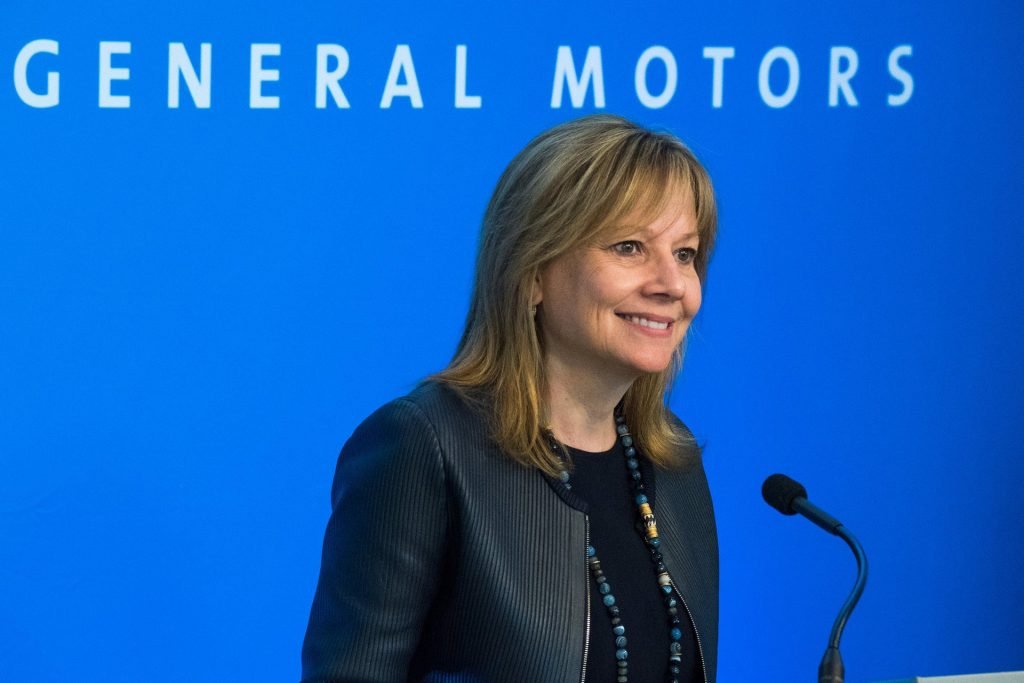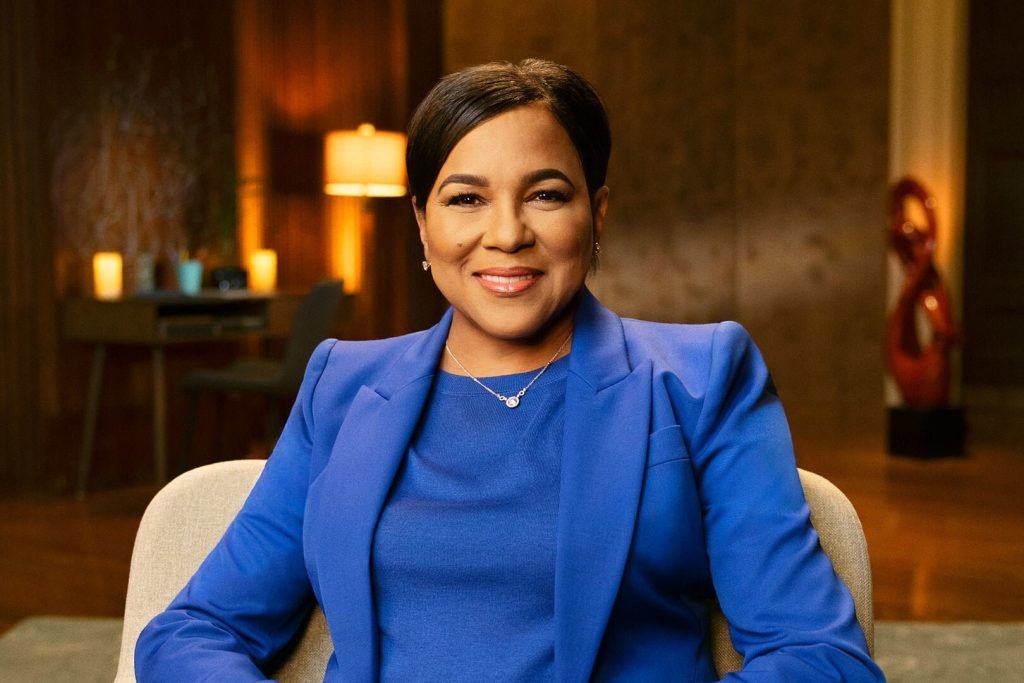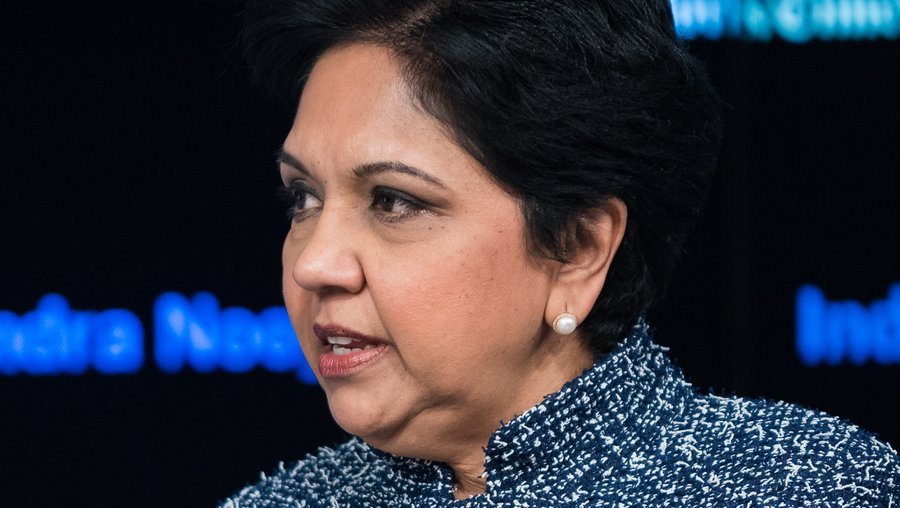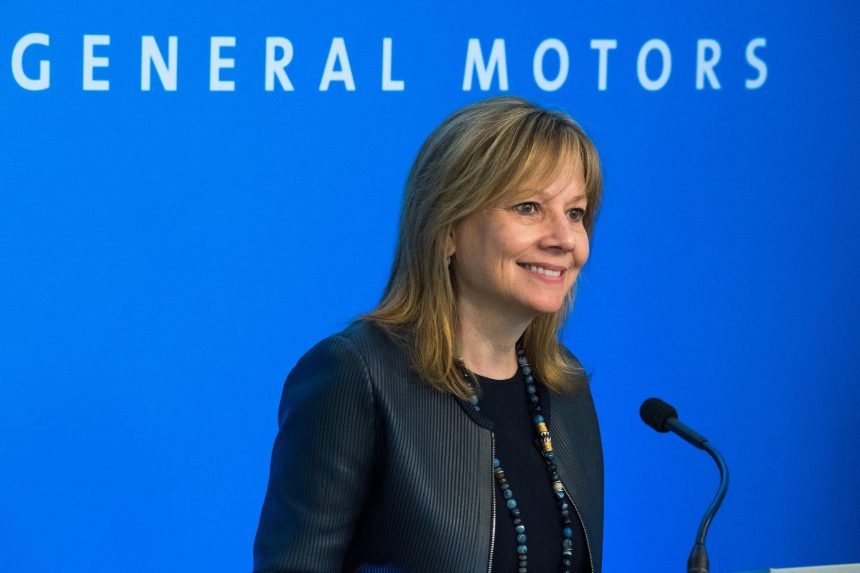As more women step into C-suite roles, the significance of mentorship has never been clearer. Female CEOs are uniquely positioned to offer guidance, share experiences, and nurture the next generation of leaders. By championing mentorship, they not only foster individual growth but also contribute to building a more diverse, inclusive, and empowered business landscape.
Mentorship isn’t just about guidance; it’s about sharing a path and leaving it better for those who follow.
Mary Barra, CEO of General Motors
The Importance of Mentorship
Most users search for something interesting (or useful) and clickable; as soon as some promising candidates are found, users click. If the new page doesn’t meet users’ expectations, the back button is clicked and the search process is continued. Mentorship has a profound impact on personal and professional development. For women in business, having a mentor who understands the challenges of leadership—particularly in male-dominated fields—can be invaluable.
Mentorship offers guidance on navigating complex workplace dynamics, building confidence, and tackling leadership challenges with resilience and grace.
By creating spaces where knowledge and support flow freely, women leaders are empowering the next generation to achieve remarkable success.

Research by Lean In and McKinsey & Company shows that women who have mentors are more likely to advance in their careers, negotiate effectively, and step into leadership roles themselves. Mentorship provides a sense of belonging and support, essential for navigating the unique obstacles women often face in business.
Mentorship provides a sense of belonging and support, essential for navigating the unique obstacles women often face in business.
How Female CEOs Are Leading by Example
Championing Formal Mentorship Programs
Many female CEOs are spearheading formal mentorship programs within their organizations. These programs often pair seasoned professionals with junior employees, creating structured environments where mentorship can thrive. By establishing clear expectations and goals, mentees and mentors can maximize their learning experiences.
For example, Rosalind Brewer, CEO of Walgreens Boots Alliance, has been an advocate for creating mentorship and sponsorship programs for women and minorities. Brewer recognizes that visibility and access to resources are crucial in building a pipeline of diverse leaders. Through structured mentorship initiatives, companies are not only empowering individuals but also cultivating a more inclusive organizational culture.

Offering One-on-One Mentorship and Informal Guidance
While formal programs are effective, many female CEOs also provide informal mentorship to young women both within and outside their organizations. Informal mentorship allows for organic relationships to develop, often leading to more personalized and meaningful guidance.
Take Indra Nooyi, former CEO of PepsiCo, for instance. Known for her generosity with time and knowledge, Nooyi has mentored countless young women throughout her career, offering both encouragement and practical advice. She has often remarked, “My success is not about elevating myself, but about lifting others with me.” This attitude highlights how mentorship is as much about shared success as it is about individual achievement.

Participating in External Mentorship Networks
Female CEOs are increasingly engaging in external mentorship networks, allowing them to connect with women in various industries and stages of their careers. These networks offer a platform for sharing experiences, building connections, and providing support across sectors.
Organizations like Ellevate Network and Lean In Circles facilitate mentorship by connecting women leaders with rising professionals. These networks allow mentors to expand their influence beyond their immediate organizations, impacting the broader business community. By participating in these programs, female CEOs can influence a diverse array of mentees, offering guidance that extends far beyond their own industries.
Creating Lasting Change Through Mentorship
For female CEOs, mentoring is not just about giving back; it’s also about shaping the future. By nurturing young talent and instilling values of resilience, empathy, and leadership, they are helping to build a more balanced and equitable business world. Mentorship offers women an opportunity to lead by example, showcasing that leadership is not merely about power, but about making a positive impact on others.
The legacy of a great leader is measured not by personal achievements but by how many others they inspired to do great things.
Ginni Rometty, Former CEO of IBM
Female leaders like Ginni Rometty, former IMB CEO, emphasize the importance of mentorship as a tool for systemic change, demonstrating that mentoring is a fundamental aspect of visionary leadership.
Practical Steps for Aspiring Female Mentors
For female CEOs or aspiring mentors interested in making a tangible impact through mentorship, here are a few actionable steps to consider:
- Champion Mentorship Within Your Organization: If your organization doesn’t already have a formal mentorship program, consider starting one. Advocate for resources and support that make mentorship a key component of your company’s culture.
- Start Small and Build Consistency: Mentorship doesn’t have to be a formal, time-intensive commitment right away. Start by offering guidance to junior colleagues or women in your network. Even short, regular check-ins can make a significant difference.
- Create Safe Spaces for Open Dialogue: Mentorship should be a judgment-free zone. Encourage open communication, where mentees feel comfortable sharing their challenges and asking questions.
- Be Transparent About Your Own Journey: Sharing your own experiences, including failures and lessons learned, can provide invaluable perspective to your mentees. Vulnerability fosters trust and encourages growth.
- Encourage Mentees to Pay it Forward: Inspire your mentees to become mentors themselves. By cultivating a mentorship culture, you can extend your influence and support beyond one individual, impacting entire networks and organizations.







Sed non mi hendrerit, bibendum sem et, vestibulum mi. Quisque libero enim, porttitor sit amet pellentesque nec, vehicula vitae erat. Aliquam erat volutpat.
Curabitur sit amet eleifend ex, sed dapibus ligula. Proin efficitur turpis a purus suscipit iaculis.
Integer auctor porttitor sapien non commodo.